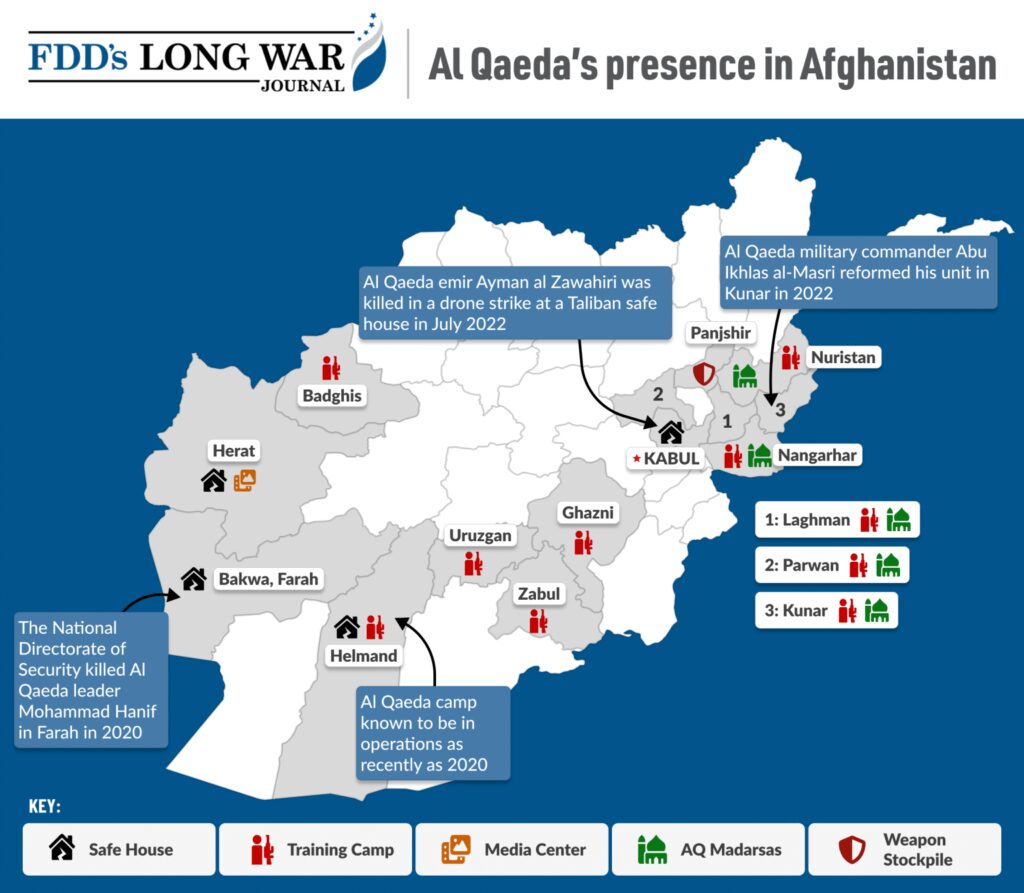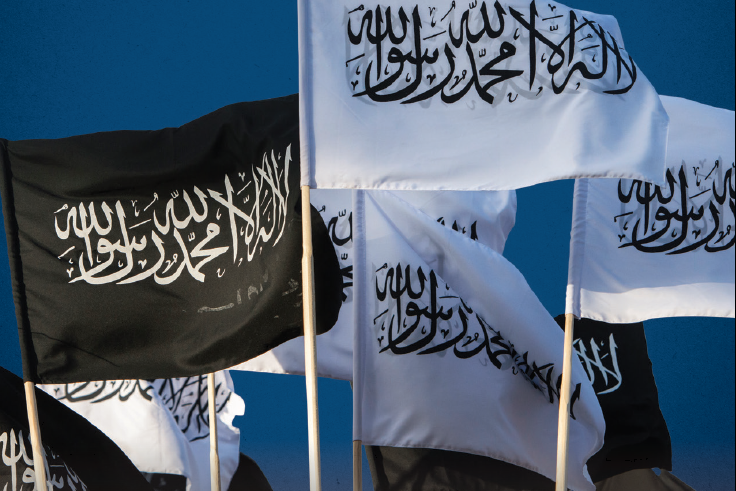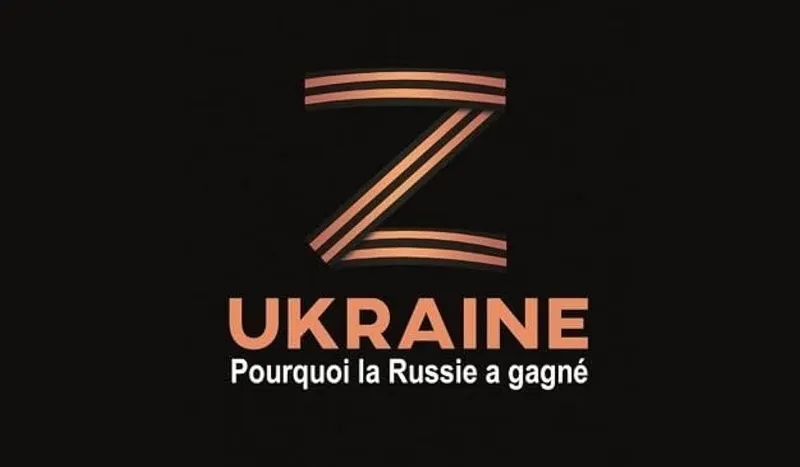Pakistani military, Afghan Taliban exchange fire along the border

The Afghan Taliban launched attacks across the border into Pakistan on Monday in response to Pakistani military airstrikes in eastern Afghanistan. The Pakistani military, which helped the Afghan Taliban seize control of the country, targeted members of the Movement of the Taliban in Pakistan, which is sheltered and supported by the Afghan Taliban and is a a close ally of Al Qaeda.







